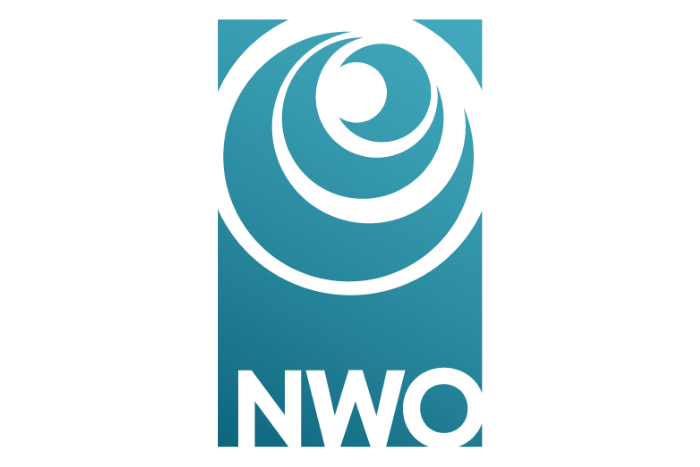What is COMCRIM?
COMCRIM is an interdisciplinary research project that studies crimes that undermine democracy and the rule of law (rechtsstaat-ondermijnende criminaliteit, or ondermijning) in and via the Netherlands. The project is conducted by a unique public-private consortium of 22 partners, including four universities, ministries, banks, law enforcement and intelligence agencies, NGOs, and network organisations. With over 28 researchers from more than nine disciplines, COMCRIM explores the systemic drivers of organised crime and develops proactive, evidence-based interventions that foster resilience of democracy and the rule of law.
We focus on the business model behind organised crime, which relies on people, money, and infrastructure. Our core research areas are human trafficking, money laundering, and corruption. All three are organised crimes in themselves and serve as strategic entry points to detect the forced commission of other crimes, the whitewashing of criminal proceeds, and the interweaving of underworld and upperworld actors. Using unconventional data sources such as banking records, we develop methods for proactive detection, follow financial flows, and map criminal networks. We assess the intended and unintended effects of interventions at the micro-, meso-, and macro-level, with particular attention to economic impact and the dynamics between perpetrators, victims, and facilitators.
-
How can we detect otherwise undetected victims of human trafficking?
When we think of slavery, we think of the past, but human trafficking nowadays ‘enslaves’ more people than at any time in history. In this lecture, Jill Coster van Voorhout (Maastricht University) explains one specific aspect of COMCRIM: how we can detect and better prevent human trafficking.
-
Funding Acknowledgement
This project has received funding from the Dutch Research Council (NWO) through the research programme Research along Routes by Consortia (NWA-ORC).
You can find more information about the funding here.
